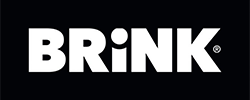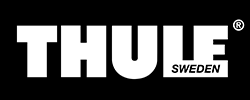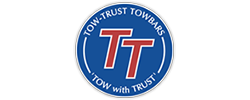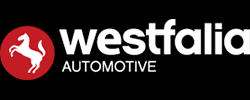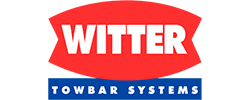



Type Approval 94/20/EC - Mechanical Couplings.
The introduction of a type approval procedure for mechanical couplings is intended to harmonise standards of their construction. It should also ensure that, in concert with other whole vehicle type approval provisions, the fitment of couplings complies with the recommendations of the vehicle manufacturer in terms of the most appropriate mounting points and methods of fitment to help avoid damage to the vehicle.
The measure will also contribute to the harmonisation of standards throughout the EC and assist in achieving a single market. UK and European manufacturers of such equipment will compete on level terms with regard to performance and construction requirements.
Type Approval 94/20/EC - Mechanical Couplings.
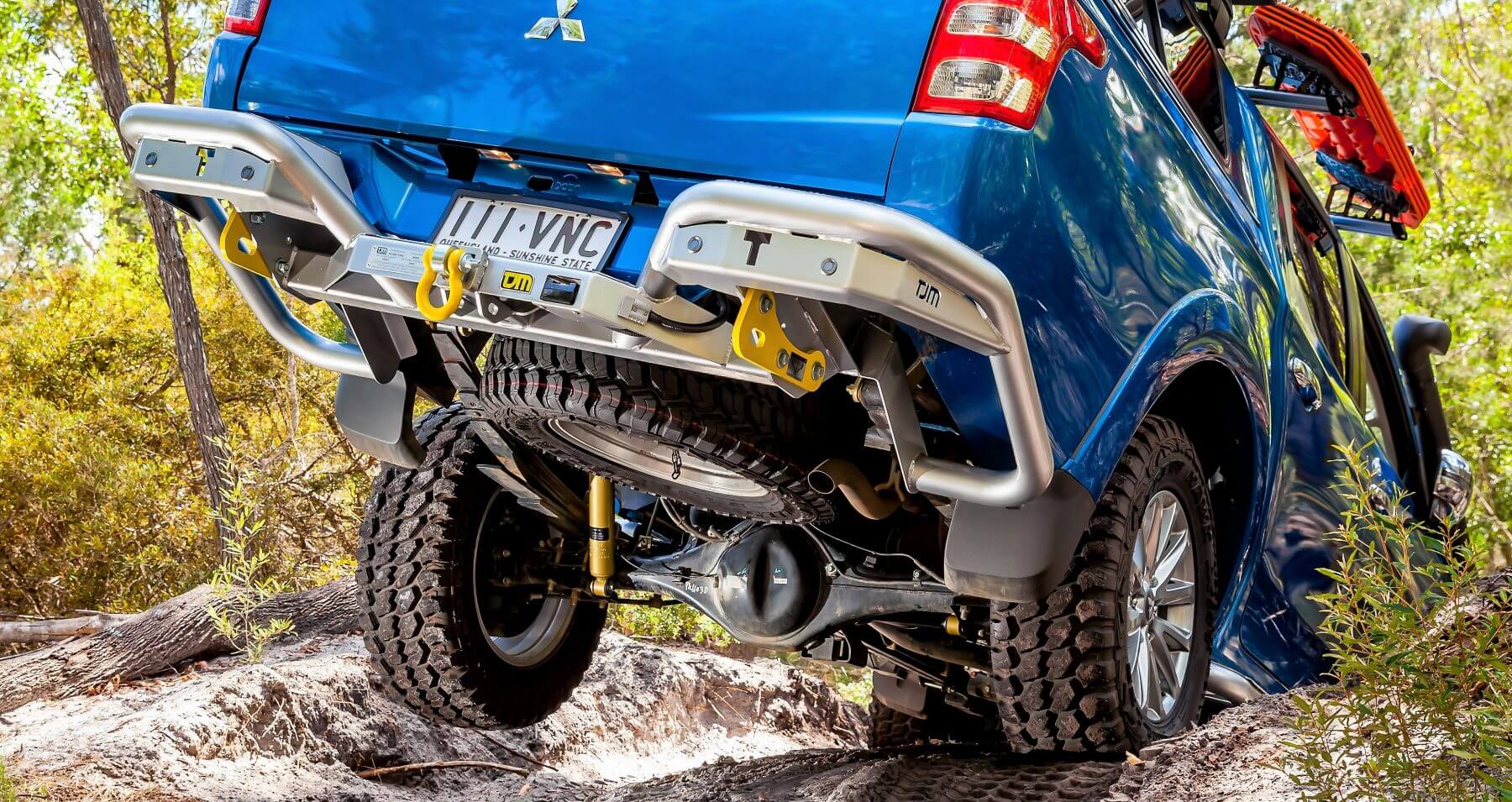
Type Approved towbars and towballs can be identified by the presence of a Type Approval label which must be visible even when the product is fitted to the vehicle. This label will have as a very minimum, the product code, a 'D' value, an 'S' value and a European approval number in the form e11 00-01234. These labels must not be removed or defaced as this will invalidate the towbar manufacturer's warranty and would result in the towbar or towball not being identified as Type Approved.
With effect from 1st October 2002, all active electrical components sold in the aftermarket and fitted to light passenger (M1) vehicles manufactured on or after 1st January 1996, where the vehicle has been issued with a European Whole Vehicle Type Approval certificate, must comply with directive 95/54/EC (electromagnetic compatibility). This includes towbar electrics.
Failure to comply with these regulations results in breaking the law.
Type approved electrical products must be clearly labelled with country of certification (e11 for UK) along with the product approval number. Any products which do not carry a label to this effect are not type approved. PCT Automotive labels will also carry a product code and batch number to ensure traceability in accordance with our ISO9001 certification.
For further information about Type Approval please visit www.ntta.co.uk for the NTTA Safe & Legal Towing Guidelines.
